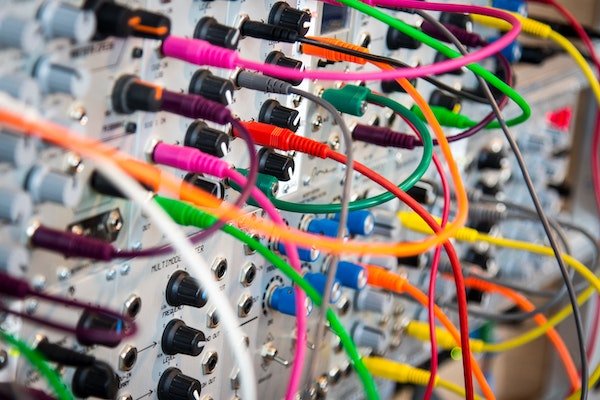
We have a natural tendency to make things increasingly complex, while the solution often lies in simplifying things. Innovation expert Simone van Neerven explains how this works with examples of cows and electric cars.
A growing amount of people have gluten allergy or intolerance
An increasing number of people suffer from a gluten allergy or intolerance. As a result, they can not eat products such as bread and breakfast cereals. The gluten-free products market is booming and has grown to a multi-billion market with a yearly growth of almost 10%. Also, countless medicines and remedies have been invented.
Farmer Jan de Vries from the small Frisian town of Harich was fascinated by this. He learned that the gluten problem is caused by several artificial interventions in the bread-baking process. Also, today almost all grain has been modified to serve the industrial way of farming. Farmer Jan searched for an ancient, naturally pure type of grain that had not been modified and started experimenting with it. His bread turns out to be so tasty that no additives are needed and it can be eaten by people who are sensitive to gluten.
Complexification is deeply rooted in humans
When engineer Leidy Klotz and his 2.5-year-old son were playing with Lego, a brick was missing to make the legs of a bridge the same height. While Klotz was looking for the missing brick, his son solved the problem simply by removing a brick from the longer leg.
This got Klotz thinking. He noticed that minimalist designs, in which elements are removed from an existing model, were quite uncommon. He started researching this at the University of Virginia, and he discovered that people have a natural preference for complicating things rather than simplifying them. When faced with a problem, people tend to select solutions that involve adding new elements instead of taking existing components away.
A clear explanation of why people do this is still missing. Possibly it has to do with another human heuristic: our aversion to loss, where we feel the pain of loss twice as intense as the pleasure of gain.
Many innovations are based on symptom control
A lot of complexification examples can also be found in agriculture. Methane is a by-product of the natural digestion process of grazers such as cows. The more difficult the animal feed is to digest, the more methane is released. DSM is investing millions of euros in the development of an animal feed additive to significantly reduce the methane emissions of cows. But if cows eat young grass and herbs, which are better to digest, the methane emissions are automatically lower.
Another example is potty training for calves. A group of German and New Zealand scientists developed this training to ensure that urine and feces are kept separate, resulting in significantly less harmful ammonia being released. But if you just let a cow graze outside, they will never urinate in the same place they poop.
Search for the root cause of problems
The more complex we make things, the more difficult it becomes to oversee the entire picture. The probability of errors increases, and most of the time usability decreases. The solution often lies in simplifying processes and products. Successful examples are the Google website, which has been kept extremely simple with only a search function field in the middle. Another example is the Apple computer mouse, which has been designed in such a way that there are no visible buttons on it.
From the aviation industry, we learn that root cause analysis is a great way to get to the core of problems. If an incident takes place, there is always an in-depth investigation into the real causes of the problem. Solutions are only searched for after this careful analysis.
Always be alert
Another interesting example is electric cars. These help us towards a fossil-free world. At the same time, it also creates a new problem. An enormous and complex network of charging stations is needed. The Dutch scaleup Lightyear, which has developed a solar-powered car, largely solves this problem by installing solar panels on top of the car. As a result, the car is directly and continuously supplied with energy so the car needs to be charged far less often. And if you still do need to charge, you can just use the normal power sockets at home.
A healthy dose of courage
Going against the grain is never easy. It takes a lot of courage and wisdom to do that. Hundreds of years before Christ, the founder of Taoism, Lao Tzu, said it succinctly: “To acquire knowledge, you have to add things every day. To gain wisdom, you take things away every day.”
This article was originally published in Dutch on MT/Sprout, the most popular business and management platform in the Netherlands.
don’t miss out!
get my columns straight into your mailbox:


